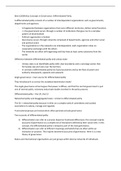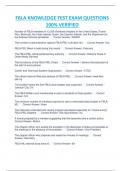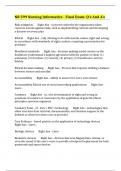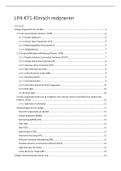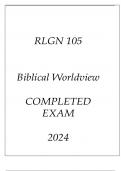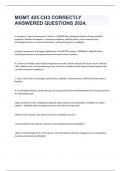Samenvatting
Summary Transnational Politics - Required Readings - briefs
- Instelling
- Universiteit Van Amsterdam (UvA)
The document includes important points from each article from Transnational Politics required readings. It might contain pictures of the abstracts and conclusions. Overall this document is good for the exam and it will give you a view of each article.
[Meer zien]
